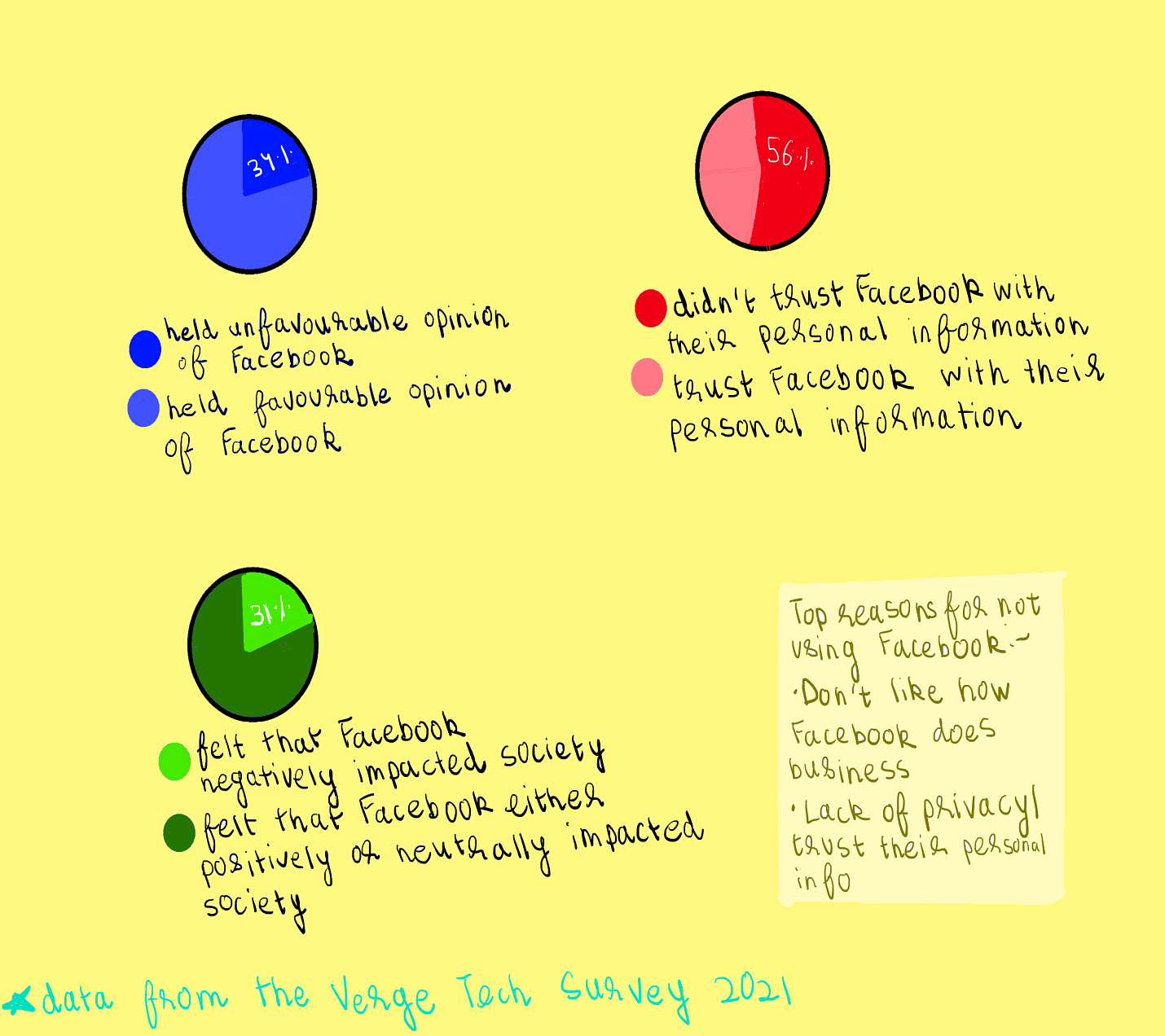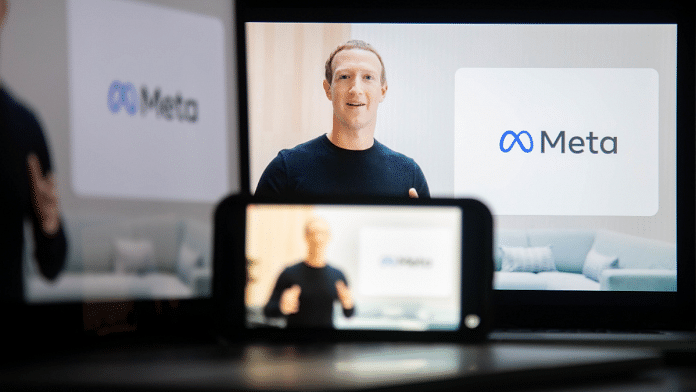In today’s world, every teenager faces this intrinsic pressure of posting carefully curated snapshots of the best moments of their lives on social media. After having an inactive profile on Facebook for a few years, I recently joined Instagram after graduating from high school. Most of my classmates were already on Instagram having joined as early as 8th standard. Metrics such as the number of followers and likes on a student’s Instagram profile became a part of ‘popularity contest’ in high school.
The merits and demerits of social media have always been debated. I personally believe that social media is a tool that can be used for both good and bad purposes. Recently, Facebook has been receiving a lot of backlash after the powerful testimony of Frances Haugen, a former employee of Facebook. The whistleblower exposed problems such as valuing ‘growth over profit’, amplifying misinformation and posing a risk to young people and their mental health and a lack of transparency at Facebook.

As Aza Raskin, inventor of the infinite scroll and co-founder of the Center for Humane Technology, said, “Freedom of speech is not freedom of reach.” Social media platforms such as Facebook and Instagram create echo chambers of opinions, which lead to the spewing of propaganda, hate speech and misinformation. According to reports, Facebook has been ineffective in curbing propaganda and hate speech particularly in India and other non-English speaking countries. Furthermore, an integrity test report by the company using a dummy profile of an Indian showcased the rampant proliferation of hate speech and fake news on the platform.
Another issue is the lack of data privacy. The Facebook-Cambridge Analytica data scandal showed how Facebook failed to protect the data of its users. Furthermore, social media platforms mine data for profit. This trade-off of data negatively impacts users specifically vulnerable young users who aren’t even aware of this trade-off.
Also read: Goodbye, Facebook; Hello, Meta — Why name change reflects poor judgement by Zuckerberg
Impact of Facebook on young people
The micro targeting of young users by Facebook is problematic. The mental health of users is impacted because engagement driven metrics like likes and number of followers lead to anxiety, negative body image, unfavourable social comparison and depression. The portrayal of seemingly perfect people with perfect live and perfect bodies, especially by influencers and celebrities on social media platforms like Instagram, distorts young users’ perception and expectations, promotes unhealthy idolization of toxic trends and enforces unattainable beauty standards and body image.
According to an internal presentation from Facebook reported by The Wall Street Journal, Instagram made body image issues worse for one in three teen girls. The culture of constant oversharing and comparison that social media promotes can also lead to low self esteem in teens.
All of these problems have led to users being more sceptical of Facebook and having an unfavourable opinion of the social media platform.

Also read: SubscriberWrites: Facebook’s ‘Metaverse’ might be immersive but it’s not a new concept
Rebranding Facebook
Amidst all these controversies and issues, on 28 October 2021, Facebook announced its decision to rechristen itself as Meta. Meta (@Meta on Instagram) is a motorbike magazine from Denver, US. Meta is Meta PCs, an Arizona-based company that sells custom PCs and had already filed for the ‘Meta’ trademark in August 2021. The logo of Meta (Facebook), which is like an infinity symbol, is eerily similar to a Berlin-based app called M-sense Migraine. The stocks of Meta Materials, a Canada-based material sciences company, surged after Facebook’s name change to Meta was announced.
Meta stems from metaverse, which is an immersive digital universe or a virtual reality that mirrors the real world. This terminology was coined by Neal Stephenson in his science fiction book, Snow Crash. It is also reminiscent of Ernst Cline’s science fiction novel, Ready Player One’s escapist virtual society, which is accessed through virtual reality headsets.
The question that arises is, when users are already hesitant about trusting Facebook with their personal information right now, how will they trust Meta in an immersive reality?
As Meta is planning to open retail stores to sell its virtual reality handsets, augmented reality glasses and more, it must deal with concerns in a transparent manner before dragging these problems into an even more dangerous dystopia. In conclusion, Meta can be an exciting prospect but until it wins back the trust of its users, it is just shoddy rebranding and fodder for memes.
The author is a student at Lady Shri Ram College, University of Delhi.




